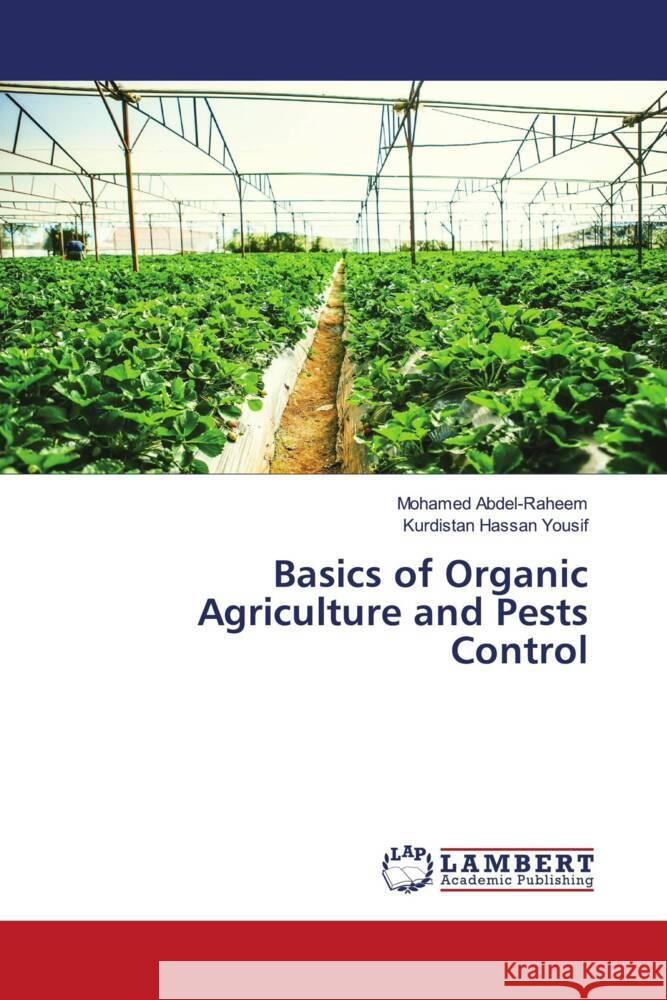Basics of Organic Agriculture and Pests Control » książka
Basics of Organic Agriculture and Pests Control
ISBN-13: 9786205490006 / Angielski / Miękka / 208 str.
In many countries, organic agriculture has affected most areas of agriculture and food production, often starting in niche markets such as 'direct to customer' or on-farm processing. It has been adapted to local conditions, both social and agronomic, to produce viable sustainable farming strategies. This has resulted in a multitude of sustainable and profitable organic enterprises emerging around the world, organic agriculture can have a central role in ensuring that agriculture becomes fully sustainable. Organic agriculture is just a small part of the agribusiness world, which itself is just a small part of the wider global socioeconomic system and its dominant cultural values. Consequently, the capacity of organic agriculture to influence, for example, international trade, labour relations and agrichemical policy is limited. An example of this lack of power is in the US National Organic Program (NOP) deliberations, in which representatives from the organic movement were secondary to government agencies.











